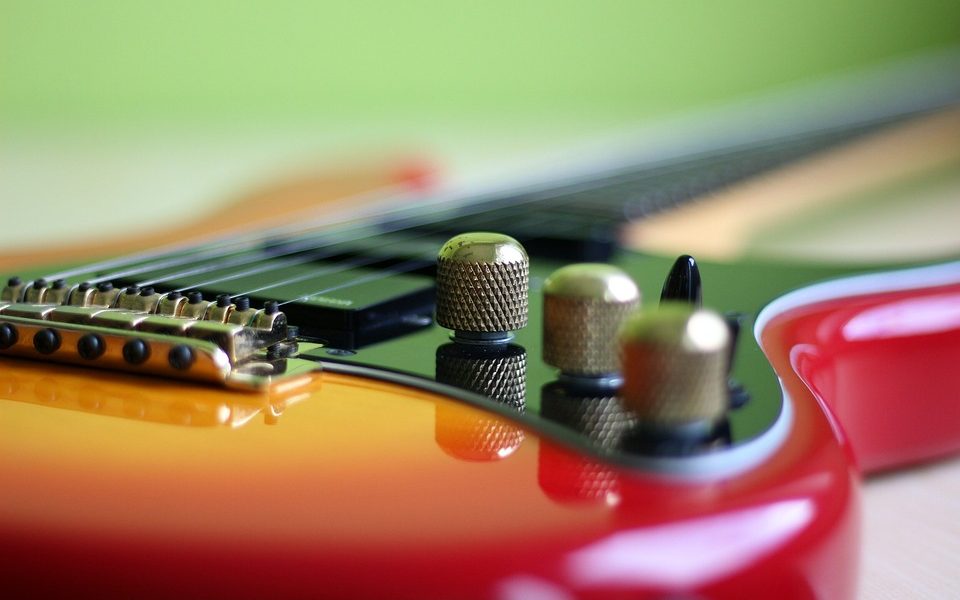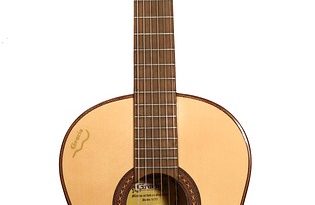Mastering Guitar Chords: A Guide to Developing Rhythm
Mastering Guitar Chords: A Guide to Developing Rhythm
Introduction
When it comes to playing the guitar, mastering chords is essential for developing rhythm and creating a solid foundation for your playing. Whether you’re a beginner or an experienced guitarist, understanding the principles behind chords and how to effectively practice them is key to improving your overall musicality. In this guide, we will explore the importance of mastering guitar chords, techniques for developing rhythm, and tips for becoming a more proficient guitarist.
The Basics of Guitar Chords
A chord is a combination of three or more notes played together to create harmony. In the context of guitar playing, chords are made up of individual notes played on different strings and frets. There are various types of chords, including major, minor, seventh, and suspended chords, each with its own unique sound and character.
To play a chord on the guitar, you’ll need to place your fingers on specific frets of the strings and strum all the strings to produce a chord sound. Each chord has a specific finger placement and fingering pattern, which may vary depending on the type of chord being played. It’s important to practice each chord individually and ensure that each note sounds clear and in tune.
Developing Rhythm
Rhythm is an essential aspect of music that gives a piece its groove and feel. As a guitarist, developing a strong sense of rhythm is crucial for playing chords accurately and maintaining a steady tempo. To improve your rhythm, try practicing with a metronome or drum machine to keep time and develop a sense of timing.
One effective technique for developing rhythm is to practice playing chords in different time signatures, such as 4/4, 3/4, or 6/8. Experiment with strumming patterns and syncopated rhythms to add variety and complexity to your playing. It’s also important to pay attention to dynamics and accents while playing chords to create a sense of dynamics and expression.
Tips for Mastering Guitar Chords
1. Start with the Basics: Begin by learning and mastering basic open chords such as C, G, D, E, and A. These are the building blocks of many songs and will help you develop a solid foundation for more complex chords.
2. Practice Regularly: Consistent practice is key to mastering guitar chords. Set aside dedicated time each day to practice chord shapes, fingerings, and transitions between chords. Use a combination of strumming and arpeggiating techniques to improve your chord playing skills.
3. Learn Barre Chords: Barre chords involve using one finger to press down multiple strings on the guitar neck, allowing you to play chords in different positions and keys. Mastering barre chords can significantly expand your chord vocabulary and give you more flexibility in your playing.
4. Experiment with Voicings: Experiment with different chord voicings and inversions to add color and variety to your playing. Try playing chords in different positions on the neck to create interesting harmonies and textures.
5. Play Along with Songs: One of the best ways to improve your chord playing skills is to play along with songs you enjoy. Pick a song with simple chord progressions and practice playing along with the recording to improve your timing and accuracy.
Conclusion
Mastering guitar chords is essential for developing rhythm and creating a solid foundation for your playing. By understanding the basics of chords, practicing regularly, and experimenting with different techniques, you can become a more proficient guitarist and elevate your musicality. Remember to be patient and persistent in your practice, as mastering chords takes time and dedication. With dedication and practice, you can achieve mastery of guitar chords and become a more dynamic and expressive guitarist.






